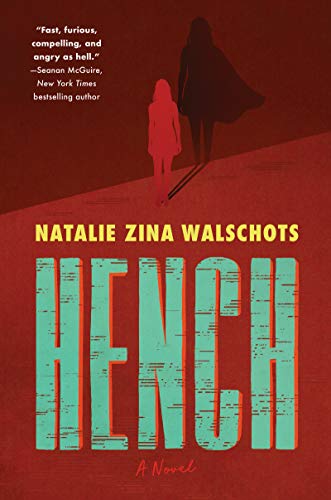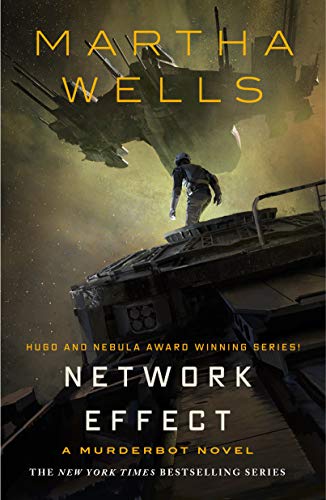The End of Everything (Astrophysically Speaking) by Katie Mack 📚
It has come to this, I’m trying to read nonfiction in the hope that it will be engaging enough to avoid the siren call of doomscrolling and the continuing failures of our government (at all levels) to deal with the combined crises of pandemic, climate, and political disintegration. And if you want to distract yourself from the possible impending end of the American Experiment, what could be better than learning about the eventual end of…well, everything?
This slim volume provides an accessible and very current overview of cosmology and high energy physics, including the Big Bang, various models both standard and alternative, the key observations which test the models, and what the implications all this has for the ultimate fate of the universe. The presented options for that fate are not appealing, ranging from fiery contraction to ever cooling expansion, or possibly the sudden evaporation of the entire works due to a phase change in the Higgs field. I particularly enjoyed the discussion of the current big mysteries of cosmology, such as the nature of dark matter, dark energy, and the exact value of the Hubble constant (still a problem after all these years). The author is a gifted writer with an offbeat sense of humor (you would need that to want to write a book about the destruction of the universe) and she manages to give a good sense of how all of the puzzle pieces fit together without getting bogged down in technical details.
The best part for me was the description of recent research in the field and the expectations for future observations to help answer some of those questions, in particular those from the Rubin Observatory here on earth and the Webb Telescope awaiting launch to deep space later this year. These will allow astronomers broader and deeper coverage of the sky, and might finally nail down the elusive Hubble constant. So at least the book has given me something to look forward to other than the end of everything.
Highly recommended.









